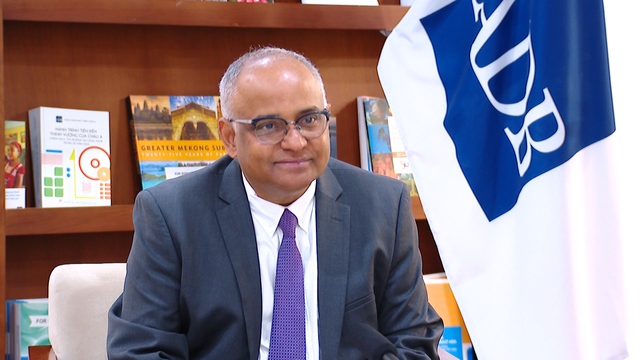VN masters two types of COVID-19 testing techniques
 |
|
Deputy Prime Minister Vu Duc Dam presides over a meeting of the Steering Committee for COVID-19 Prevention and Control in Ha Noi on April 27. Photo: VGP |
The news was released at the meeting of the Steering Committee for COVID-19 Prevention and Control in Ha Noi on April 27.
Earlier, Viet Nam also succeeded in manufacturing polymerise chain reaction (PCR) test kits, which have been recognized by the UK and the World Health Organization.
Both of them are currently dominant ways that globale healthcare systems are tesing citizens for COVID-19 and Viet Nam has mastered both.
Regarding the quick test method, Ha Noi was the first locality in Viet Nam to have deployed rapid test kits imported from the Republic of Korea.
The capital city conducted 18,450 tests and discovered 50 positive cases. However, all the postive cases retested with PCR method turned out to be negative.
Meanwhile, Viet Nam’s antibody test kits, jointly developed by the National Institutte of Hygiene and Epidemiology and some Japanese universities, were said to be more more sensitive (95%) and cheaper (about US$ 5 per test kit) than similar kits of foreign countries.
The Ministry of Health has planned to approve mass production of these test kits.
For PCR method, Viet Nam has tested 212,000 people, of whome 270 have been confirmed contracting the COVID-19.
Viet Nam has 112 Realtime-PCR laboratories capable of diagnosing COVID-19 with combined capacity of more than 27,000 samples/day, the ministry said.
Last month around 20 countries and territories ordered the PCR test kits from Viet Nam./.
source: www.chinhphu.vn
More Articles
- • Made-in-VN COVID-19 test kit obtains CE marking
- • Viettel to pilot 5G in early 2019
- • Solar energy: Prototype shows how tiny photodetectors can double their efficiency
- • New headway in desalination technology
- • Chemistry provides a new supply of a promising cancer and HIV treatment
- • Researchers Discover a New Compound That Makes Cancer Cells Self-Destruct
- • Assessing the importance of scientific work
- • The findings of medical research are disseminated too slowly


